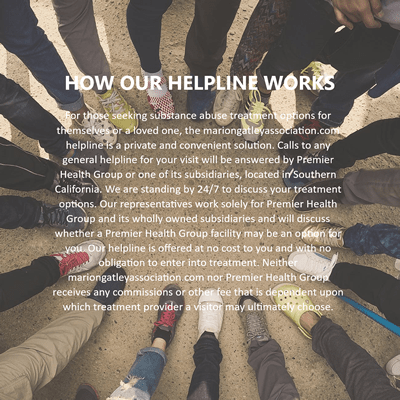As the opioid addiction epidemic continues to rage across the country, some areas are resorting to desperate measures in order to accomplish their recovery goals. However, while no geographic location in the country is immune to the scourge of opioid substance abuse, some areas are dealing with more complicated issues than others. Read on to find out how Maryland aims to curb the burgeoning epidemic.
In the first nine months of 2016, the number of overdose deaths related to heroin rose seventy two percent in Maryland. In addition, 2016 saw a jump in the number of overdose deaths related to prescription opioids, with deaths related to fentanyl practically tripling during the first nine months of 2016. 1,400 people died of a fatal overdose in Maryland in 2016. Clearly, the situation in the Old Line State is growing increasingly dire.
The Governor of Maryland, Larry Hogan, announced new legislative measures that aim to combat the state’s growing opioid problems. These proposed laws would create harsher prison terms for those who deal opioids that result in fatal overdose, and limit the duration of prescriptions issued for pain. In addition, Governor Hogan also signed an executive order that established a command center at a central location to better support state and local efforts to coordinate and overcome opioid substance abuse.
Governor Hogan did make it clear that there would be exceptions to the proposed seven day limit on the duration of prescriptions. For example, those who are in a hospice situation, or receiving treatment for cancer. Many of those who support the new legislation point out that some of those individuals who eventually succumb to heroin addiction begin by taking a legitimate prescription. As such, the proposed limitation on the duration of opioid prescriptions aims to prevent citizens from becoming entrenched in opioid addiction due to a legitimate prescription.
The Governor has personal experience with the issue, given that his cousin died from overdosing on heroin.
So far, seven states have seen fit to enact limits on the duration of opioid prescriptions during the past two years, including Hawaii, Massachusetts, Maine, Illinois, Pennsylvania, Rhode Island, and Connecticut. Kentucky enacted a similar limit on the duration of prescription slightly earlier, in 2012.
In addition to this temporal limitation, the governor also seeks to establish a new category of felony in the state. According to this new category, those who sell opioids illegally can face more draconian punishment, including up to thirty years of incarceration. Different states have utilized different standards for determining how long a prison sentence for dealing drugs will be, with some states decided to use a manslaughter standard and others electing to invoke felony-murder statutes. Governor Hogan’s proposal aligns with proposed criminal justice reform meant to take part in Maryland after being approved last year.
If you or someone you care about is struggling with an addiction, no matter how it started, one of the drug rehab centers in the Intervention Association network can get you the tools you need for recovery. Don’t delay, contact our operators today!



